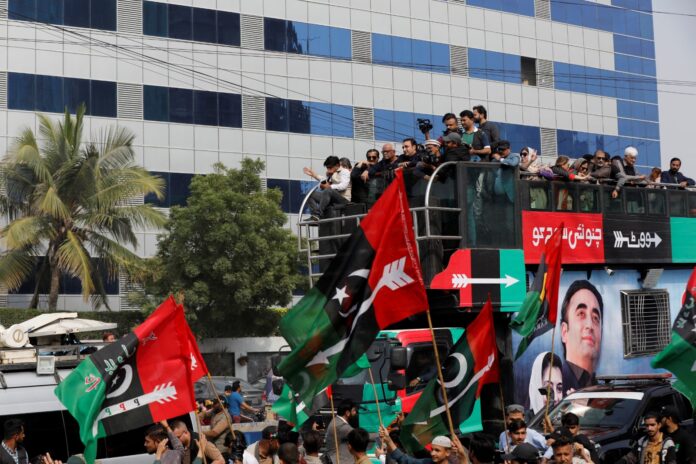The Election Commission of Pakistan (ECP) recently made a significant decision regarding the allocation of reserved seats in the national and provincial assemblies. The ECP rejected a petition from the Sunni Ittehad Council (SIC), a new face of the PTI, seeking reserved seats. This decision, issued by a five-member bench led by Chief Election Commissioner Sikandar Sultan Raja, highlighted that the SIC did not meet the legal requirements for such allocation. The ECP emphasized that the SIC did not submit a priority list for reserved seats as mandated by law, leading to the rejection of their petition. Additionally, the ECP clarified that political parties must have representation in the National Assembly to be eligible for reserved seats for women and non-Muslims.
The ECP’s decision has sparked controversy and drawn reactions from various quarters. PTI’s Barrister Ali Zafar announced that the PTI would challenge the verdict, criticizing the ECP for what he termed as a constitutional mistake. Zafar called for the resignation of the ECP members and even suggested invoking Article 6 (treason) of the Constitution against the Chief Election Commissioner. The PTI expressed strong dissatisfaction with the ECP’s judgment, accusing it of disrespecting the public mandate and undermining democracy in Pakistan.
This development has implications for the upcoming elections and parliamentary proceedings in Pakistan. With 78 reserved seats on hold, including those intended for women in national and provincial assemblies, there is uncertainty about how these seats will be allocated following the ECP’s decision. The controversy surrounding this issue reflects broader concerns about electoral processes and party representation in Pakistan’s political landscape.
The ECP’s rejection of SIC’s petition for reserved seats has stirred political debates and raised questions about adherence to electoral laws and principles in Pakistan. The fallout from this decision underscores the complexities and challenges inherent in ensuring fair representation and upholding democratic norms within the country’s political framework.


